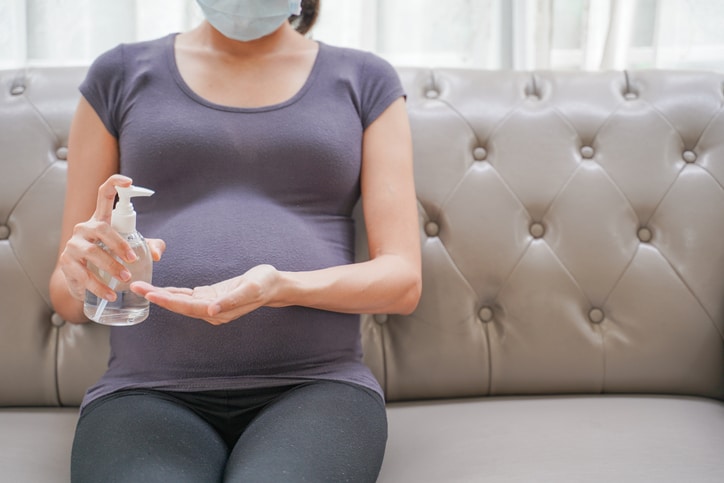Almost seven in 10 pregnant women and new mothers reported being severely affected by bushfire smoke across NSW and the ACT, while almost nine in 10 have reported isolating due to COVID-19.
The early findings from the Mother and Child 2020 (MC2020) survey looks to examine the effects of this year’s bushfires and the pandemic on pregnant women and their babies.
Lead researcher, Australian National University’s Professor Christopher Nolan, said he hoped the results would help to shape future health system and emergency responses.
“We need to listen to the experiences of these mothers and look at the challenges they faced during the bushfires and pandemic,” he said.
“Understanding these challenges is the only way we can look to improve these systems in the future. We are very grateful for the women who have already joined the study.”
The collaboration between ANU, University of Canberra and University of Wollongong is in partnership with Canberra Health Services and NSW Health, with 750 women already taking part at the halfway mark.
Researchers are still calling on more subjects to get involved until the end of 2020, encouraging those from Aboriginal, Torres Strait Islander and multicultural communities to share their stories.
The four-part survey poses questions around how the events impacted pregnancy care, birthing, the early months of care and their baby’s health. They are also asked about their own mental and physical health.
ANU’s Dr Amita Bansal said the long-term impacts of bushfire smoke and COVID-19 on pregnancy are largely unknown.
“Pregnancy itself is an overwhelming period for many women, and any additional stress can be detrimental for health of the mother and her child,” Dr Bansal said.
She said the study was looking for about 3,000 subjects to share their experiences.
“If we can get about 20% of the women having babies in the region to respond, that will give us a really good indication of their needs,” she said.
“We want to hear the unheard, uncover the unknowns and best represent our diversity, so that we can better inform clinical practice and make policies that are more inclusive; inclusive of our women and children, and inclusive of our diverse perspectives and community.
“Through our study, we want to uncover if our multicultural community was indeed disproportionately impacted, so that we can improve our clinical practices and policies to reduce health disparities between ethnic groups.”
She said the study should have some initial findings to hand down to health and emergency services by 2021, and hopes to continue monitoring subjects to understand any long-term health impacts.



